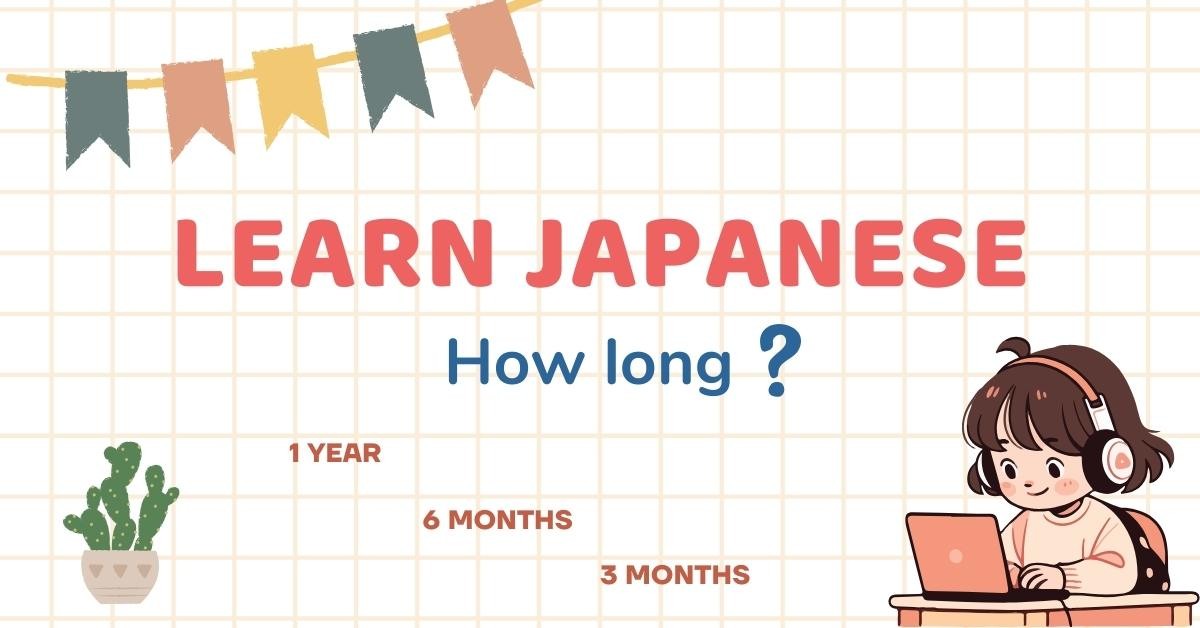- Understanding Working Abroad and Studying in Japan
- What is Working Abroad in Japan?
- What is Studying in Japan?
- Conditions for Japanese labor export and study abroad
- Duration of Working Abroad and Studying in Japan
- Duration of Working Abroad in Japan
- Duration of Studying in Japan
- Purpose of Working Abroad and Studying in Japan
- Pros and Cons of Working Abroad and Studying in Japan
- Pros and Cons of Working Abroad in Japan
- Pros and Cons of Studying in Japan
- Suitable Candidates for Working Abroad or Studying in Japan
- Conclusion
Many people are uncertain whether they should work abroad or study in Japan. In this article, HeyJapan will provide information about working abroad and studying in Japan, including the pros and cons of each option. Let's find out to make the right decision!
Understanding Working Abroad and Studying in Japan
What is Working Abroad in Japan?
Working abroad in Japan involves workers from other countries coming to Japan to work, with the goal of training a skilled labor force for Vietnam while assisting Japanese factories with labor shortages. Workers participate in various jobs such as construction, industrial sewing, etc.
Legitimate Japanese labor exporter
Those who work abroad legally are approved by the Ministry of Labor, Invalids and Social Affairs or a dispatching agency. During their work in Japan, they receive wages according to Japanese labor laws and are also insured and protected under labor protection laws.
What is Studying in Japan?
Whether it's labor export or study abroad in Japan is a question of many people.
Studying in Japan means that international students come to Japan to study and conduct research. In Japan, you will study, train, and use the Japanese language fluently, while becoming familiar with the environment and lifestyle of the cherry blossom country. After graduating from specialized universities, international students can return to their home country to work, continue working in Japan, or even settle in Japan.
This decision depends on many factors: individual conditions, purposes, desires, and abilities. Let's compare working abroad and studying in Japan to gain a more objective view of these two options.
Conditions for Japanese labor export and study abroad
|
Working Abroad in Japan |
Studying in Japan |
|
|
Age |
18 - 35 years |
18 - 30 years |
|
Health |
The male is over 1.6m tall and weighs over 50kg. Women are over 1648, weigh over 48kg. No infectious diseases, tuberculosis, heart disease, hepatitis, color blindness, etc. |
There is no requirement for appearance with participating candidates. International students need normal health, free from infectious diseases and danger. |
|
Experience/Qualifications |
Experience requirements or not depending on the industry |
The requirement is to have graduated from high school within 4 years from the time of graduation with an average score of three years above 6.5 points. N5 or higher in Japanese. |
|
Cost |
90 - 110 million VND/person (including the process of medical examination, training, source creation costs, etc.) |
160 million or more. |
Japanese labor export cost is about 90 - 110 million
Duration of Working Abroad and Studying in Japan
Duration of Working Abroad in Japan
The duration of working abroad can be long or short, depending on the job order you choose. Therefore, the decision to work abroad or study in Japan largely depends on the time you have.
- 1-Year Working Abroad:
This is a short-term program with low costs and less stringent participation conditions. However, the short duration means you can't earn as much money as you might want and you can't continue working in Japan afterward.
- 3-Year and 5-Year Working Abroad:
Many people choose this program as it allows a second return to Japan. After three years, workers can extend their visas for two more years, but they must pass a skills test and a Japanese language proficiency test.
- 10-Year Working Abroad:
The duration can be up to 10 years, but workers must choose from 14 specific skilled visa categories.
Should we go to labor export or study abroad in Japan?
Duration of Studying in Japan
Studying in Japan usually takes 4 to 6 years. It typically takes 1 to 2 years to learn Japanese and 2 to 5 years to study a major. Therefore, studying in Japan takes longer compared to studying in Vietnam. The duration may vary depending on the major, and your Japanese proficiency is also a crucial factor.
Purpose of Working Abroad and Studying in Japan
Purpose of Working Abroad in Japan
The main purpose of those working abroad is to earn a lot of money, increasing personal and family income. Compared to Vietnam, you will receive much higher wages in Japan. Other purposes include experiencing life and work in a new environment, improving Japanese communication skills, and leveraging the environment to enhance Japanese proficiency.
The main purpose of labor exports is to make money
Purpose of Studying in Japan
The main purpose of international students is to achieve a high level of Japanese proficiency, gain specialized skills in their field of study, and find a high-paying job that matches their qualifications and abilities. Other purposes include experiencing life in a new country or settling and working in Japan.
Pros and Cons of Working Abroad and Studying in Japan
Each type has different advantages and disadvantages, so there is no clear answer to the question of whether to go to labor export or study abroad in Japan. Below are the advantages and disadvantages in detail, you can refer to and compare:
Pros and Cons of Working Abroad in Japan
- Pros:
High and stable income with good benefits for workers.
Opportunities for overtime with higher wages (minimum 125% of base salary).
Diverse job options.
Accommodation support in Japan during the work period.
Accumulation of work experience, soft skills, specialized skills, and social connections.
- Cons:
Workers may be tightly managed by their employers.
The work is often strenuous and requires high discipline.
Pros and Cons of Studying in Japan
- Pros:
Opportunity to study in a world-class educational environment.
Improved Japanese proficiency with a formal language exposure environment.
High chances of applying for attractive government and non-government scholarships, reducing study abroad costs.
Wide job opportunities in both Japan and Vietnam.
After graduation, students can apply for residency visas and continue working in Japan.
Ability to work part-time (28 hours/week) to earn extra income.
Advantages of studying abroad in Japan
- Cons:
Initial study abroad costs are relatively high (about 170-200 million VND).
Families need to pay tuition fees for the years of study abroad.
If you do not complete the study program, it is difficult to return to Japan under the same study abroad program.
Suitable Candidates for Working Abroad or Studying in Japan
Working Abroad: Suitable for those whose primary goal is to earn additional personal and family income. It is also a good option for those who do not prefer academic studies but want higher earnings.
Subjects suitable for Japanese labor export
Studying Abroad: Suitable for students who have recently graduated and are within the age requirements. Studying in an advanced country like Japan will help you develop yourself, absorb, and acquire new knowledge and specialized skills. Studying abroad opens up opportunities to get closer to your dreams.
Conclusion
In this article, we have explored whether to work abroad or study in Japan, along with the pros and cons of each option. Hopefully, you now have the information to make suitable choices for yourself. Whether you decide to work abroad or study in Japan, make sure to prepare well. HeyJapan wishes you success on your upcoming journey.









